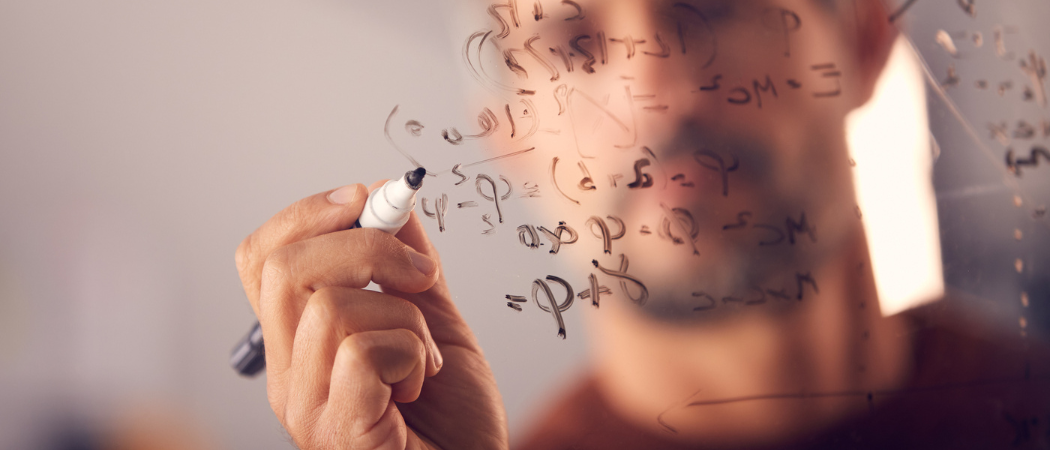The international centre has already attracted support from top mathematicians and politicians around Europe

A group of mathematicians with Ukrainian origins has come together to launch the International Centre for Mathematics in Ukraine, which they hope can help play a role in the redevelopment of the country after the war.
The goal of the centre is to support top level mathematics in the country and to connect Ukrainian scientists with the global scientific community, acting as a hub of ideas and cooperation.
The project is backed by principal donor XTX Markets, a London-based algorithmic trading company, which will match up to €1 million in donations in 2023.
Masha Vlasenko, one of the co-founders of the centre, said the momentum was with the country in terms of attracting investment and support for projects that can help Ukraine in the future. “We felt it was now or never to launch it,” she told Science|Business.
The country has a tradition of placing great respect on mathematics, and it is well taught at secondary school level all the way up to university, she said. The problem is that for mathematicians approaching the level of PhD, the resources start to dwindle.
“Ukrainian mathematics is isolated from the international community at that level,” Vlasenko said. “There is a big brain drain as young people go abroad to continue their education from there.”
The centre has initially been launched as a legal entity in Ukraine. The team is still searching for a physical base, but it has already attracted attention at home and around Europe.
It is supported by the National Research Foundation of Ukraine, while the Institut des Hautes Études Scientifiques (IHES) in France hosted the first support meeting for the centre on 12 January. Mykhailo Podolyak, an adviser to the Ukrainian president Volodymyr Zelenskyy, was in attendance, along with Claire Giry, director general of research and innovation at the French Ministry of Higher Education, Research and Innovation.
On top of this, Jean-Pierre Bourguignon, former director of IHES, former president of
the European Research Council and an eminent mathematician, has been elected as the first member of the centre’s board of trustees.
He told Science|Business it is important to have initiatives like this that look beyond the crisis Ukraine is facing following Russia’s invasion in February last year.
“One of the worries of my Ukrainian colleagues is that in the period after the war there will be a period of reconstruction, but the country could be in such a degraded state that it might be hard to have the right conditions for researchers and universities,” Bourguignon said.
“So there is a desire to attract the people to stay in Ukraine and give them the right conditions in the country to work. To have a centre like this that can attract not only Ukrainian researchers but those from other countries can act as an instrument to help get through what will be a difficult period.”
Bourguignon likened the creation of this centre to that of IHES, which was founded in the 1950s in France, when the scientific community had been devastated by the second world war.
“It shows that a moment of crisis can also be a moment to launch great initiatives,” he said.
He also highlighted the tangible difference having a top class mathematics centre could make for the country in the post-war period, noting the growing importance of mathematicians in planning budgets and the economics of a country.
For Vlasenko, there is also an emotional benefit. “We want to give hope to people in Ukraine,” she said, noting now is the time that people around the world are most ready to contribute.





 A unique international forum for public research organisations and companies to connect their external engagement with strategic interests around their R&D system.
A unique international forum for public research organisations and companies to connect their external engagement with strategic interests around their R&D system.